Top 10 Black Hat SEO techniques you should Avoid!
In the ever-evolving world of digital marketing, search engine optimization (SEO) remains a critical component of any successful online strategy. However, not all SEO techniques are created equal. While some methods, known as “white hat” SEO, adhere to search engine guidelines and provide long-term benefits, others, dubbed “black hat SEO techniques,” attempt to manipulate search engine algorithms through unethical practices. These techniques might offer short-term gains but ultimately lead to severe penalties, including de-indexing from search results. In this article, we’ll explore the top 10 black hat SEO techniques you should avoid to ensure your website remains in good standing with search engines.
Black Hat SEO Techniques You Should Avoid
1. Keyword Stuffing
Keyword stuffing is one of the most common black hat SEO techniques. It involves cramming a webpage with excessive keywords or phrases in an attempt to manipulate a site’s ranking in Google search results. This can include repeating the same word or phrase so many times that it reads unnaturally.

Why to Avoid: Search engines have become sophisticated in detecting unnatural keyword usage. This practice can lead to penalties, such as lower rankings or complete removal from search indexes. Moreover, it creates a poor user experience, which can drive visitors away from your site.
2. Cloaking
Cloaking is a deceptive black hat SEO technique where different content or URLs are presented to search engines and users. This means users see one version of a webpage, while search engines see another.
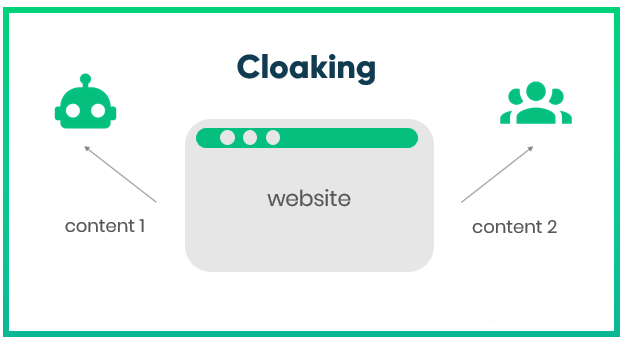
Why to Avoid: Cloaking violates Google’s Webmaster Guidelines and can result in severe penalties. When detected, it can cause a significant drop in rankings or complete banning from search engine results pages (SERPs).
3. Duplicate Content
Duplicate content involves copying content from one webpage to another, either within the same domain or across different domains. This can include entire pages or substantial blocks of text that appear on multiple URLs.
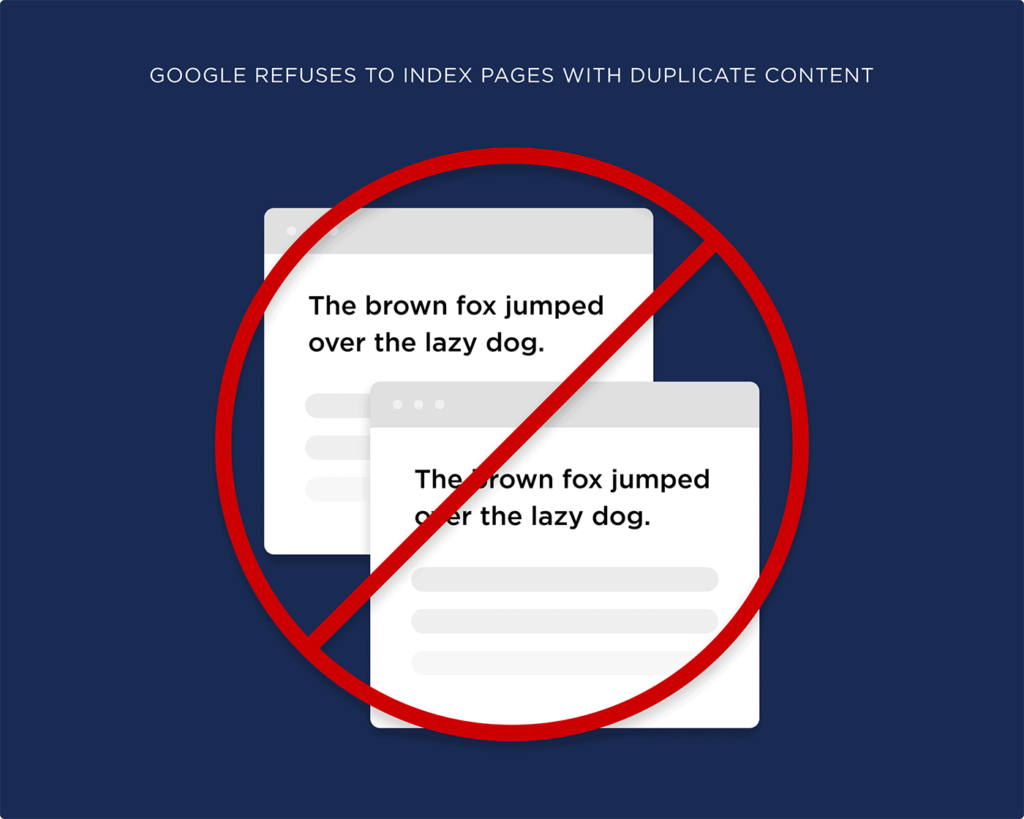
Why to Avoid: Search engines aim to provide unique and relevant content to users. Duplicate content can confuse search engines and dilute the ranking potential of the original content. This can lead to lower search visibility and even penalties for the sites involved.
4. Hidden Text and Links
Hidden text and links are placed on a webpage with the intention of manipulating search rankings without being visible to users. This can include using white text on a white background, setting the font size to zero, or hiding text behind images.
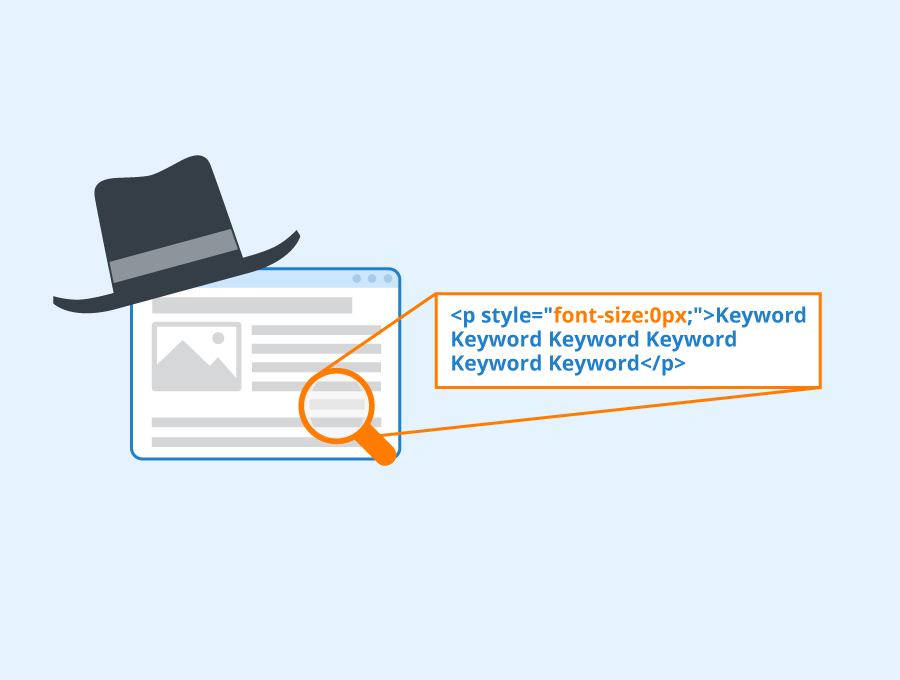
Why to Avoid: Modern search engines are adept at detecting hidden text and links. This deceptive practice violates search engine guidelines and can lead to penalties, including lower rankings or removal from search results.
5. Doorway Pages
Doorway pages are low-quality pages created specifically to rank for certain keywords and funnel users to a different page. They offer little to no value to the user and are designed solely to manipulate search rankings.

Why to Avoid: Search engines like Google penalize sites that use doorway pages, as they create a poor user experience. These pages are often seen as a form of spamming, leading to significant ranking penalties.
6. Link Farms
Link farms are groups of websites that link to each other with the primary intention of boosting their own search engine rankings. These links are often irrelevant and provide no real value to users.
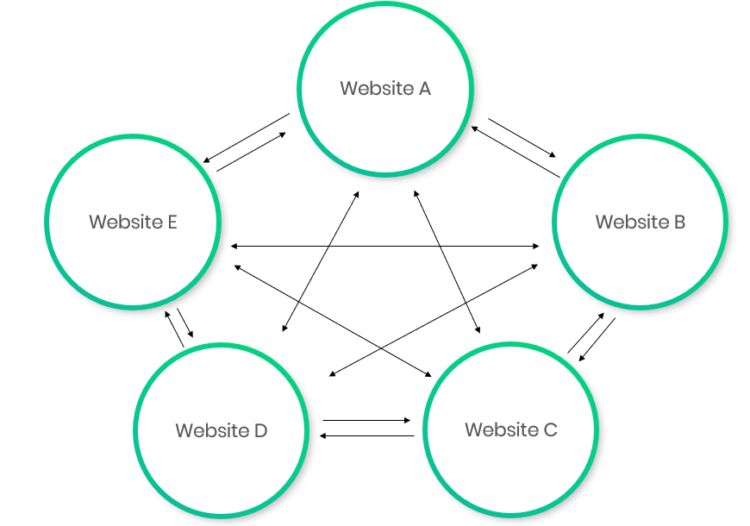
Why to Avoid: Search engines value quality over quantity when it comes to backlinks. Links from link farms are considered low-quality and can lead to penalties, diminishing your site’s authority and visibility in search results.
7. Buying Links
Buying links is the practice of paying for links to artificially increase a site’s ranking. These paid links often come from low-quality or irrelevant websites.

Why to Avoid: Google’s algorithms are designed to identify and penalize sites that engage in link buying. This can result in a loss of search rankings and credibility. Additionally, the practice of buying links can be costly without providing any real long-term benefits.
8. Article Spinning
Article spinning involves taking an existing piece of content and rewriting it slightly to create “new” content. This often involves using automated tools to replace words with synonyms, leading to poorly written and often nonsensical text.
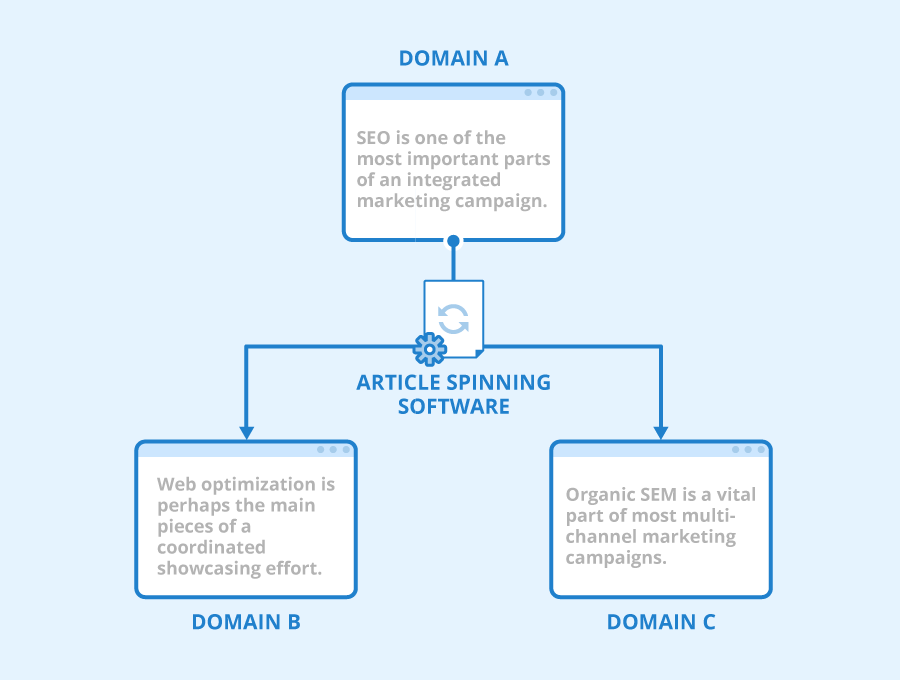
Why to Avoid: Search engines prioritize original, high-quality content. Spun articles are easily detected by search engines and can lead to penalties for the site. Moreover, low-quality content can harm your brand’s reputation and drive users away.
9. Overusing Exact Match Anchor Text
Anchor text is the visible, clickable text in a hyperlink. Overusing exact match anchor text means repeatedly using the same keyword or phrase in links pointing to your site.

Why to Avoid: Search engines use anchor text as a signal of content relevance. However, overusing exact match anchor text can appear manipulative and lead to penalties. A natural and varied anchor text profile is essential for maintaining healthy search rankings.
10. Misleading Redirects
Misleading redirects send users and search engines to different pages than they intended to visit. This can involve redirecting a user to a completely unrelated page after they click on a link.
Why to Avoid: Search engines frown upon deceptive redirects as they undermine user trust and provide a poor user experience. Sites employing misleading redirects can face severe penalties, including lower rankings or removal from search results.
Conclusion
Engaging in black hat SEO techniques might seem like a shortcut to achieving higher search engine rankings, but the risks far outweigh the rewards. Search engines are continually improving their algorithms to detect and penalize unethical practices. Instead, focus on building a robust, white hat SEO strategy that emphasizes high-quality content, user experience, and ethical link-building practices. By avoiding these top 10 black hat SEO techniques, you can ensure your website remains in good standing with search engines and continues to attract and retain visitors over the long term. Remember, SEO is a marathon, not a sprint, and integrity always pays off in the end.

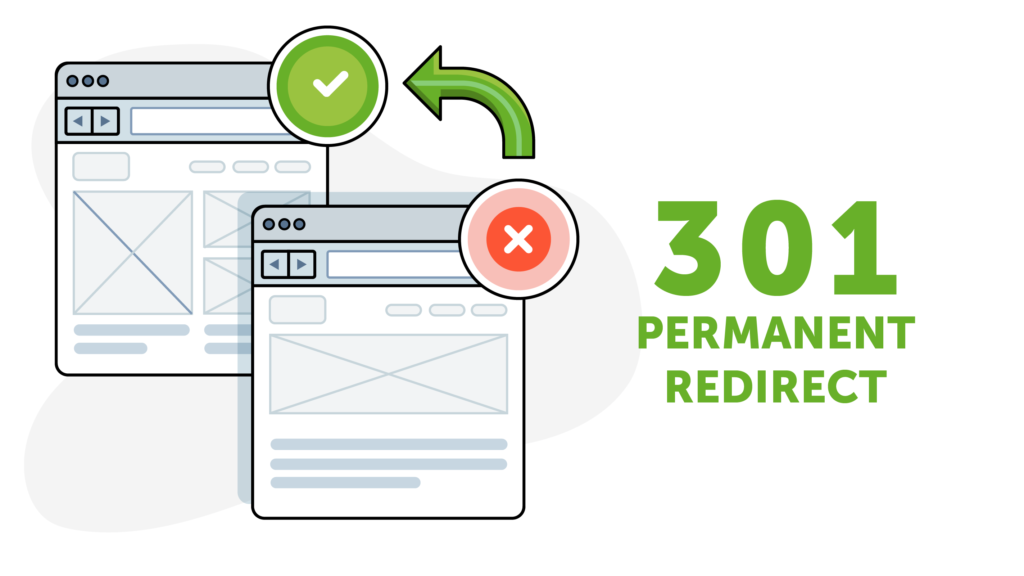



Top 10 Black Hat SEO techniques you should Avoi...
June 1, 2024 @ 7:59 am
[…] Discover the top 10 black hat SEO techniques you should avoid to protect your website from penalties and maintain good standing with search engines. Learn about keyword stuffing, cloaking, duplicate content, and more in our comprehensive guide. […]
https://indiandigitalmarketer.com/top-10-black-...
June 3, 2024 @ 9:59 am
[…] Discover the top 10 black hat SEO techniques you should avoid to protect your website from penalties and maintain good standing with search engines. Learn about keyword stuffing, cloaking, duplicate content, and more in our comprehensive guide. […]